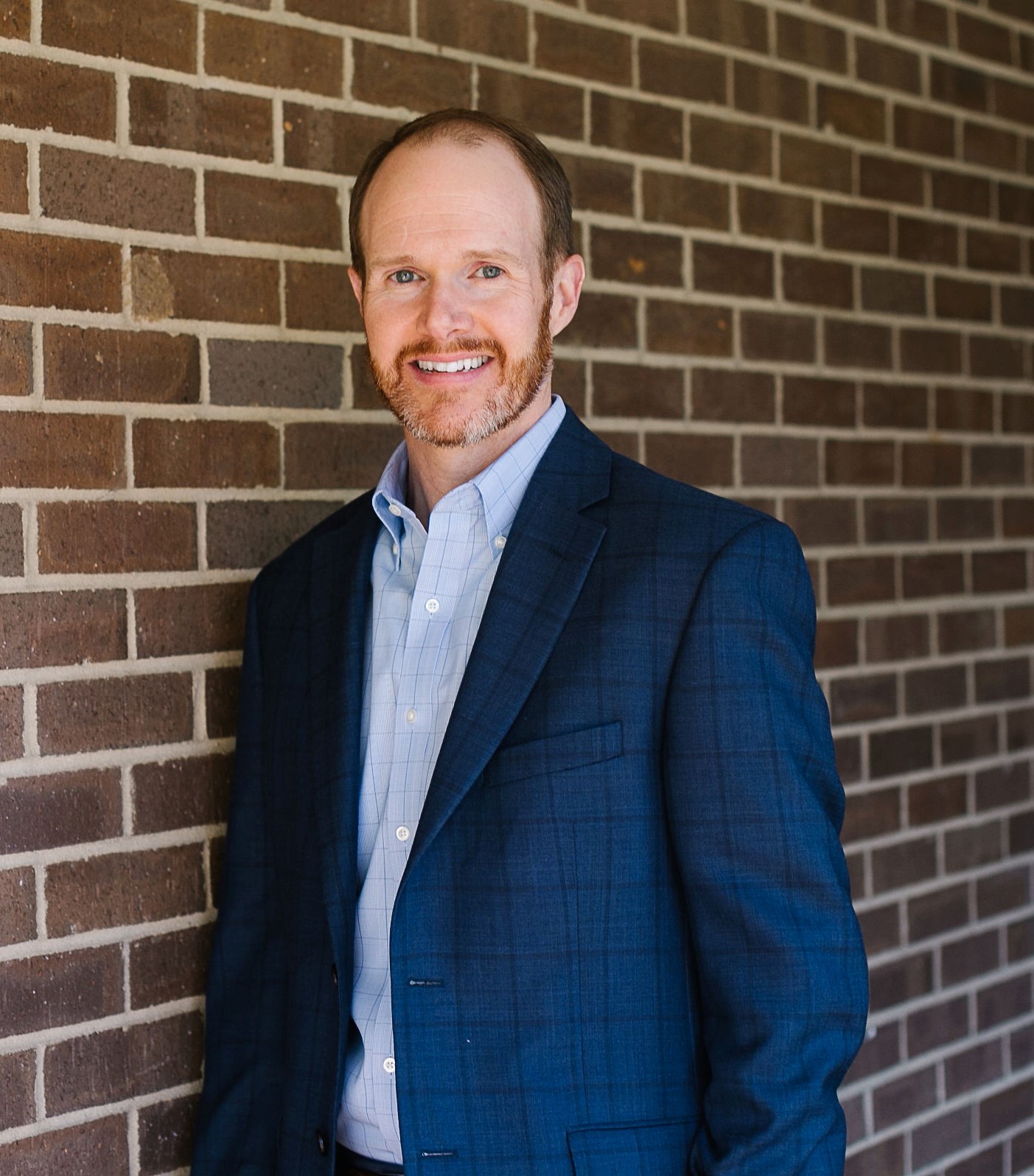Global View Investment Blog
What is Necessary Debt and How Do You Plan for It?
As a financial advisor in the Carolinas, debt is generally a four-letter word. (And it often conjures up other four-letter words!)
While I typically encourage clients to try to live debt-free, I know that sometimes, that’s just not possible. Most people will face necessary debt that they’ll have to deal with at some point in their lives, whether it’s hospital bills, a mortgage, or home repairs that go above and beyond your emergency fund, like a new roof, which can be very expensive.
The good news is it can be managed with a solid plan.
Planning for the Unexpected
Life happens. Even if you take all the steps to stay ahead of the unexpected, there are times when you just can’t.
For example, what if you or a family member is seriously injured in an unexpected accident? Of course, the first thing on your mind will be recovery, long-term effects and how long it will take to “get back to normal.” A discussion with your financial advisor may be the furthest thing from your mind. But how are you going to pay for it all? Your journey to recovery could be expensive. Money is likely no object in times like this, but the bill(s) you’ll receive later on will eventually be an issue.
According to a recent survey, more than one in four Americans had trouble paying a medical bill.
You could injure your neck, suffer head trauma or lose mobility in your arms and legs. Your injuries could last weeks, months, years or even the rest of your life.
- How long will you be in the hospital?
- Will you have follow-up care?
- How much work will you have to miss?
- Will your injuries require long-term care or life-changing decisions?
Expenses can quickly add up, and when they do, finances become a big deal.
- How will you pay for your medical bills if you’re out of work?
- If you receive a settlement, how do you stretch that money so it will take care of your medical needs now and in the future?
These are all personal as well as financial questions that you will need to answer. Even if you aren’t injured, a bad car accident can cost several thousand dollars and lead to other expenses.
Financial advisors can be a huge asset in times like these.
While many people tend to think of financial advisors for their long-term wealth management and retirement plans, a financial advisor can also be crucial for specific short-term planning needs as well.
Dealing with long-term, necessary debt like hospital bills can be easier when you have a strategy. If you receive settlement money, you may want help to allocate the money appropriately. If you don’t receive a settlement, a financial advisor can help you invest what money you do have so you can maximize your potential returns. At Global View, our full-service firm is also set up to help clients with tax-saving strategies and estate planning needs that may be related as well.
Rash Decision Making
Working with a financial advisor before an emergency happens can help tremendously. Having a financial advisor already on your team can take away the anxiety of having to find someone to work with last minute when there are already so many other things to think about.
Rushing to hire a financial advisor in times of panic can lead people to make rash decisions, including hiring the wrong person. Remember, not all financial advisors are the same!
Taking a bit of time now to establish a long-term relationship with a financial advisor you trust will provide you with a go-to person to call if and when you should need help.
Why a Financial Advisor is So Important
In the days of the Internet and incredible, ongoing advances in technology, many people ask, do I really need a financial advisor? Why should I be paying for financial advice when I can find it for free online?
It’s true, you can find a plethora of information online these days, but would you try to repair your leaky roof yourself if you found a video that showed you how to do it? Probably not. You likely don’t have the time or you know that a professional would do it better. The same can be said about your finances.
The other problem with free advice online is that it may be a simple rule of thumb. For example, in the financial services industry, a common retirement strategy is the 4 Percent Rule. The theory is you can withdraw 4 percent from your retirement funds for 20 to 30 years without running out of money. However, while this strategy works for many people, it may not work for you. (Read our recent blog post: Looking Beyond the 4 Percent Rule for a Better Retirement.)
Here’s another example most of us have experienced: Have you ever tried to diagnose yourself online? In most cases, your research (and emotions, fears and personal assumptions) will show that you’re likely dying. A stomach ache can be a symptom of eating too much, or cancer! Making an appointment with your physician is the only way you’ll get a true diagnosis. When it comes to your financial life, your financial advisor is that professional.
We all need to remember that no one has a guarantee that nothing will go wrong in life. When crisis situations do occur, most people handle stress better when there’s a plan in place.
Other Times That Create Necessary Debt
There are times in life where you may not think about contacting your financial advisor, but you should. An injury is just one reason you may need financial advice. Consider these other situations:
- Having a baby (Don’t wait until your bundle of joy is here – plan ahead!)
- Getting married (A wedding alone can require a budget and a plan.)
- Navigating a divorce (Even a separation can lead to financial changes in your life.)
- Changing jobs (Even if your income will stay the same, there may be retirement plan changes and new benefits that are available – or not available any longer.)
- Illness (Hospital bills and long-term treatments can be expensive!)
- Relocating (What will you do with the money you make from selling your home? Will you have a new cost of living?)
Being prepared ahead of time can make a huge difference in how you handle an unexpected situation – and how you come out of it in the end!
If you’re looking for a financial advisor in the Carolinas, schedule a no-obligation conversation with the Global View team. A conversation can go a long way.

Written by Joe Hines
Joey's primary focus is working with clients in the goals setting and financial planning process. He has extensive experience is in helping clients facilitate the decision making process, leading them through the implementation of their financial plan and contributing to their peace of mind. This includes helping clients gain an understanding of estate planning, charitable giving, and helping them implement these plans by working closely with estate planning attorneys.
Are you on track for the future you want?
Schedule a free, no-strings-attached portfolio review today.
Talk With Us






